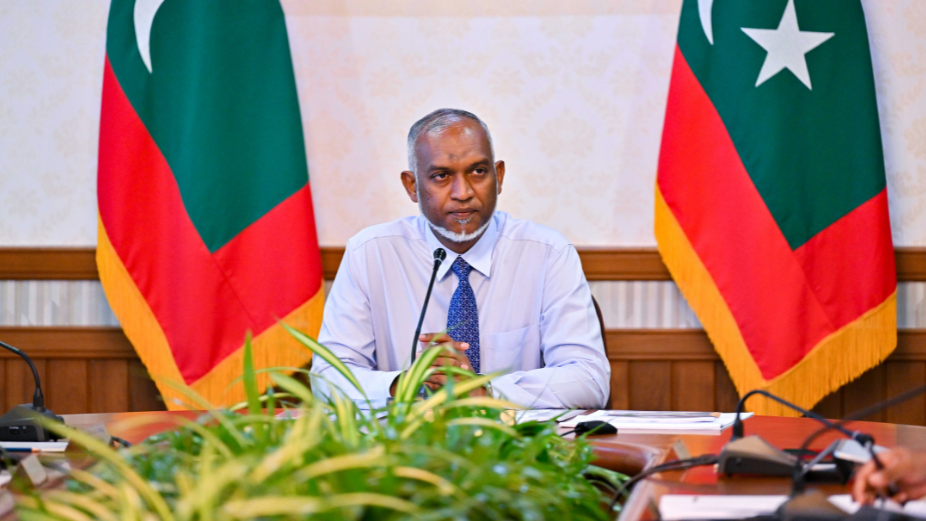
The government has announced plans to implement a wide-ranging digital transformation framework, following discussions at a Cabinet meeting on Sunday. The initiative, spearheaded under the guidance of President Dr Mohamed Muizzu, aims to modernise governance structures, enhance digital services, and maximise the benefits of the digital economy for Maldivians.
The decision follows a paper presented by the Ministry of Homeland Security and Technology, which outlined strategies to strengthen the country’s technology governance and accelerate digitalisation efforts. According to the government, the framework is expected to bring significant changes to the Information and Communication Technologies (ICT) sector, ultimately contributing to national productivity and economic development.
As part of the initiative, several key projects have been approved, including the introduction of modern legislation to support digital transformation, the creation of an Interoperable Open Data Sharing Platform for government agencies, and the development of national-level digital platforms to improve public services. The government also plans to establish a National Sovereign Cloud for secure data management, implement a secure electronic identification system, and expand e-Government services across all state agencies and state-owned companies.
Further efforts will be made to enhance digital literacy by integrating advanced technology modules in school curricula and providing training in emerging technologies. A dedicated research, development, and innovation fund will also be introduced to support the growth of the technology sector. Additionally, a ‘Local First’ policy will prioritise Maldivians in the procurement of ICT and technology services for government projects.
To support innovation, the government will establish an Innovation Hub, aimed at fostering research and technological advancements. Detailed implementation strategies and timelines for achieving these objectives were discussed during the Cabinet meeting.












